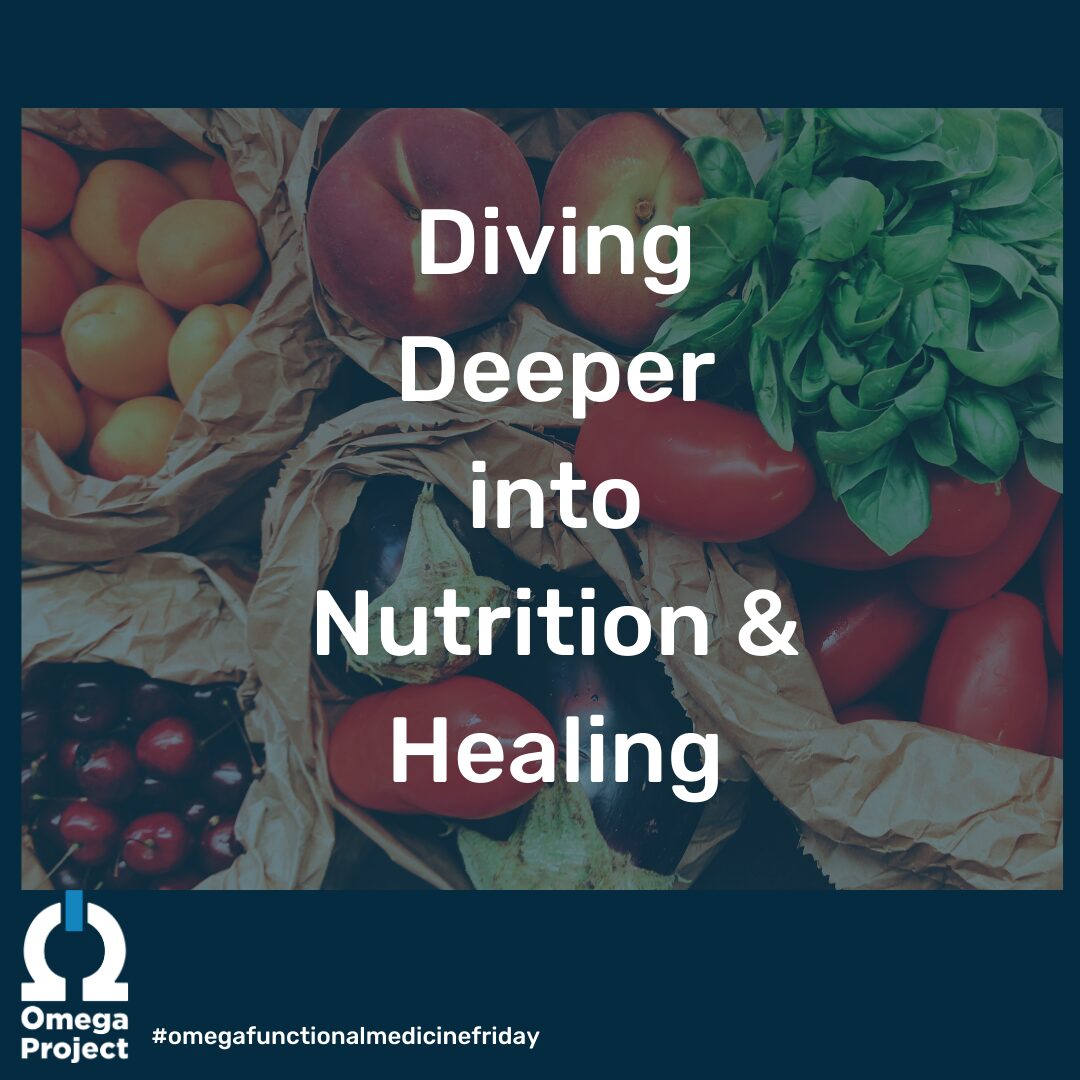Our Quick Tip Tuesday provided 4 great tips on healing and recovery:
1. Sleep – getting 8 to 10 hours of sleep for adolescents and 7 to 9 hours for adults.
2. Nutrition – eat enough!
3. Stress – Finding a good way to manage your stress.
4. Strength – Stength training is important in preventing loss of mobility and strong bones!
To expand further on the topic of nutrition, first things first… EATING ENOUGH! When you are involved in any sort of consistent physical activity it is important to make sure that you are providing the proper nutrition to your body for healing. A lack of proper nutrition over time can cause our bodies to go into a state of starvation. This state of starvation makes it very difficult to heal from even the easiest of workouts. Our bodies will turn to the life sustaining functions, think brain and heart, and put the secondary functions, healing an injury or trying to focus, on the back burner.
Along with focusing on the life sustaining functions, our bodies will hold onto any sort of nutrition that you provide it. So if you are the person who is possibly looking to loose some weight, it is important that you are giving your body enough to work with. When you are limiting your calories significantly and also working out, it will put your body into a calorie deficit. Again, over time, your body will take any sort of nutrition that it can get and turn it into fat stores.
Now to balance things out, it is also important that you provide your body balance. There are many different diet plans or nutritional supplements, but balance is the most important. It is always our advice to get the majority of your nutrition from food. Try to create a good balance of protein, fats and carbohydrates at every meal. Eat at least a little something within 30 minutes of when you wake in the morning to provide your body the fuel it needs to get started with your daily activities. Don’t be afraid to indulge!
If you continue to find yourself struggling with a wide array of symptoms or prolonged healing, it might be time to look into bloodwork. We can find out a lot by looking at the proper labs. It is very common for primary care physicians to run “routine lab work” and give the results of everything is within range, but that range isn’t a one size fits all. If one of your lab numbers is on the high or low of “normal” it may need some more digging. It is also important that the correct levels are checked, such as iron, Thyroid function, and vitamin D.
Please reach out if you have any questions about proper nutrition, healing, and possible bloodwork.

